Columbia University Oral History Collection
The Columbia Center for Oral History (CCOH), founded by historian and journalist Allan Nevins in 1948, is credited with launching the establishment of oral history archives internationally. With over 10,000 interviews, the Oral History Archives is one of the largest oral history collections in the United States. It includes transcripts of oral history interviews with leading queer literary figures, such as Robert Duncan, James Baldwin, and John Ashbery; activists such as Harry Hay, Bayard Rustin, Bruce Voeller, Cathy Cade, David Mixner, and Don Kao; and feminist academics such as Rosalyn Fraad Baxandall. The Center organized several oral history projects, which conducted numerous interviews bearing on particular people, including Hart Crane, Allard Lowenstein, and Mayor Edward Koch, and subjects, such as AIDS, reproductive rights, and population planning.
Columbia Oral History Archives
Location: Rare Book and Manuscript Library, Butler Library (535 West 114th St.), 6th Floor
Research Hours: Monday-Friday, 10:00 am - 3:00 pm (currently by appointment only)
For more information: contact [email protected] or (212) 854-5590.
Note: an entry in the catalog for an oral history interview indicates that the archive holds a print transcript of an interview; audio files, analog or digital, exist for some interviews, but not others. With the exception of some digitized material available through the archives website, the transcripts must be read in the RBML reading room, and existing audio files must be listened to in the reading room using the equipment provided. Also, some interviews have restrictions on access, which may not be labeled in the online search record. Contact [email protected] with any questions.
To get started using the Oral History Archives, search for narrators, projects, or topics through the Columbia University Libraries Oral History Search Portal, or browse the descriptions below.
INDIVIDUAL INTERVIEWS WITH LGBTQ NARRATORS OR THEMES
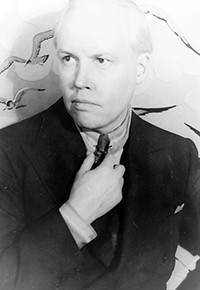
Reminiscences of Carl Van Vechten
Carl Van Vechten (1880-1964) was a prominent cultural critic, novelist, photographer, and patron of the Harlem Renaissance, whose photos chronicled a litany of prominent cultural figures, including many same-sex loving men and women. Although married to a woman for much of his life, he had numerous sexual and romantic affairs with men, and became famous among gay audiences for his campy novels and homoerotic photography. In this 1960 interview, Van Vechten discusses his childhood, education, European travels, perspectives on art, literature, drama, photography, and ballet, African American culture, and memories of other prominent literary and cultural figures.

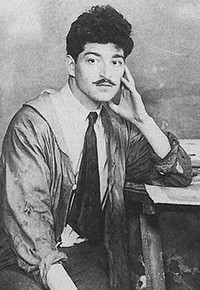
Percival Goodman Interview
Architect and urban planning theorist Percival Goodman (1904-1989) made important contributions to the theory and practice of building and city design, especially as an architect of American synagogues. He collaborated with his brother Paul Goodman, a noted queer intellectual, sociologist, poet, and political radical, on Communitas, an influential study of community and city planning, and illustrated several of Paul’s other books. The oral history collection contains two interviews with Percival Goodman; the second, conducted in 1989, includes a discussion of his brother’s sexuality.

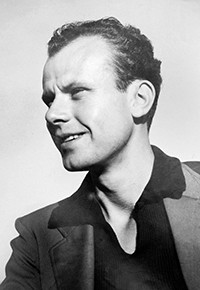
Harry Hay Interview
In the early 1950s, Harry Hay (1912-2002) played a key role in founding the Mattachine Society, which became the first major homophile activist group in the US, and years later helped inspire the creation of the Radical Faeries. In the 1930s and 1940s, he was active in the Communist Party, which influenced his understanding of homosexuals as an oppressed cultural minority. After leaving Mattachine, he wrote on questions of philosophy, spirituality, and politics. This 1983 interview covers Hay’s life story from his upbringing and education through his decades of Communist, labor, and gay rights activism.

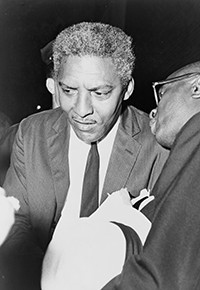
Reminiscences of Bayard Rustin
Bayard Rustin (1912-1987) worked for decades as a peace, labor, and civil rights activist. As a gay man who had been arrested on a sex charge, he usually had to operate behind the scenes, but he served as a key advisor to Dr. Martin Luther King, Jr. during and after the Montgomery Bus Boycott and the primary organizer of the 1963 March on Washington, and he was a major influence on generations of pacifist, anti-racist, economic justice, and LGBTQ activists. This lengthy interview (15 reels) covers Rustin’s entire life, including his participation in trade union, pacifist, and civil rights activism, his perspectives on politics in the United States and South Africa, his impressions of other prominent civil rights leaders, and more. This interview has been digitized; you can listen to a short excerpt through the RBML blog post “Civil rights leader Bayard Rustin on the class conscious roots of SNCC”.

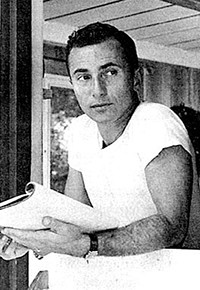
Reminiscences of Arthur Laurents (1971) and (1982)
Playwright and screenwriter Arthur Laurents (1917-2011) wrote many popular Broadway musicals (“West Side Story”), Hollywood film scripts (“Rope”), radio dramas, plays, and other productions. These two interviews, part of the Hollywood Film Industry Project, include recollections of Hollywood figures, discussions of the “problem of portrayal of homosexuality” in Hitchcock’s films, criticism of American musicals, and more.

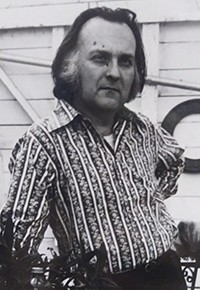
Reminiscences of Robert Duncan
Poet, anarchist, public intellectual, and mystic, Robert Duncan (1919-1988) was influential in literary, political, and spiritual circles across the mid-twentieth century. His poetry and thought made him a key figure in the San Francisco Renaissance and at Black Mountain College, while his landmark 1944 essay “The Homosexual and Society” was one of the earliest self-declarations of gay identity and examinations of gay politics to be published in the United States. This 1975 interview, part of the “Poets on their Poetry” project, focuses on Duncan’s poetic writing.

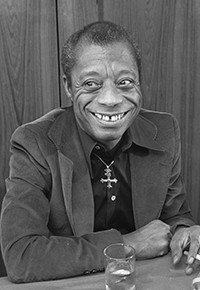
Oral History Interview with James Baldwin
James Baldwin (1924-1987), one of the most eloquent literary and critical voices of twentieth century, authored novels, plays, stories, and essays whose insightful treatment of race, sexuality, politics, literature, and American culture resonate to this day. Beginning in 1963, author Fern Marja Eckman interviewed Baldwin many times, culminating in her 1966 study The Furious Passage of James Baldwin. This collection comprises typed transcripts from these interviews, along with a draft manuscript of Eckman’s book with handwritten annotations. The interviews include Eckman, Baldwin, his brother, and his longtime partner Lucien Hapsberger; discussions cover Baldwin’s trip to Selma and through Alabama; his time in Paris; relations with publishers; sexual identity, love, and relationships; literature and the craft of writing, and more.

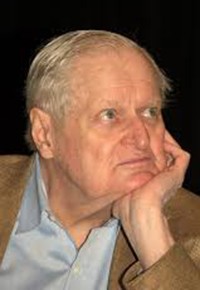
John Ashbery Interview
John Ashbery (1927-2017) was one of the most critically acclaimed twentieth-century American poets. His 1973 collection Self-portrait in a Convex Mirror won all three major national poetry awards. This 1974 interview, part of the “Poets on their Poetry” project, includes discussion of his experiences in the university, art, film, and publishing worlds of New York, Paris, and elsewhere, and his work as editor of the journal Art and Literature.

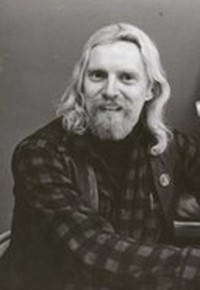
Bruce Voeller Interview
Biologist and gay rights activist Bruce Voeller (1934-1994) served as president of the New York City Gay Activist Alliance before founding the National Gay Task Force in 1973, and in 1977 he helped to broker the first meeting between a president and gay rights leaders in the White House. This 1988 interview, which forms part of the Allard Lowenstein Oral History Project, focuses on Voeller’s recollections of Lowenstein and the early gay rights movement, and his reflections on social justice, student, and reform movements.

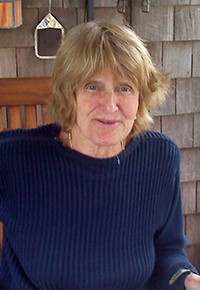
Rosalyn Fraad Baxandall
Rosalyn Fraad Baxandall (1939-2015) taught women’s history, wrote widely on gender, sexuality, and politics, and supported feminist and civil rights activism. She attended Columbia University and took part in a several New Left and early women’s liberation groups, including the Women's International Terrorist Conspiracy from Hell (WITCH), New York Radical Women, and Red Stockings. This 1989 interview, part of the “Student Movements of the 1960s” project, discusses her upbringing and youthful rebellion, travels in Europe and interest in French culture, participation in New York social movements,and issues of sexuality and lesbianism in feminism.

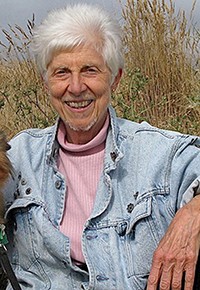
Cathy Cade Interview
In this 1985 interview, part of the “Student Movements of the 1960s” project, author, photographer, and activist Cathy Cade (b. 1942) focuses on her life from the 1950s to 1970s, discussing her involvement in civil rights and black voter registration campaigns in the South, campus organizing, Students for a Democratic Society, women’s liberation, and lesbian identity and parenting.

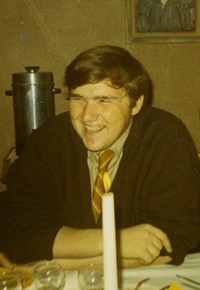
David Mixner Interview
Activist and author David Mixner (b. 1946) participated in civil rights, student, and anti-war organizing in the 1960s, became involved in Democratic Party politics, and after coming out as gay in the 1970s co-founded the Municipal Elections Committee of Los Angeles, a pioneering group that mobilized gay donations to gain mainstream political influence and access. He became prominent nationally in the 1980s because of his work in the LGBT, anti-nuclear, and AIDS movements. This short 1989 interview forms part of the Allard Lowenstein Oral History Project.

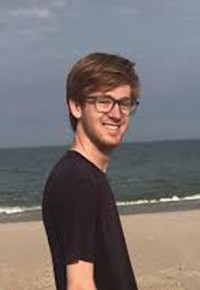
Will Anderson Interview
Will Anderson (b. 1948) has participated in decades of campaigns and protests around environmental and animal rights issues. He worked with Greenpeace and other organizations to oppose hunting and animal cruelty, offshore oil extraction, factory farming and vivisection, and other threats to ecological health and animal welfare. This 2004 interview, part of the Animal Advocates Oral History Collection, includes discussion of his time in the Peace Corps, military, and as a conscientious objector, his experiences as a gay man, interactions with Native American communities, arrests due to protest activity, and organizing work with many groups and coalitions.

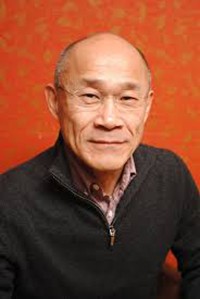
Don Kao Interview
Community activist Don Kao (b. 1951) directs the New York City-based Project Reach, a grassroots youth organizing center focused on social justice through empowerment of marginalized young people. His activism has addressed racism, poverty, sexuality, war, and police brutality and has included crisis counseling, advocacy, and anti-discrimination training. In this 2004 interview, part of the September 11, 2001 Telling Lives Oral History Project, Kao traces his upbringing, education, and career, including his gay identity, HIV/AIDS, his personal experience of 9/11, and his work in social justice organizing.

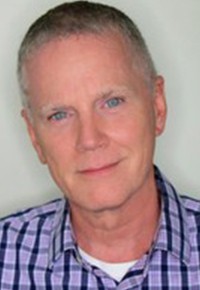
Joe Tarver Interview
Joe Tarver (b. 1958) served as Communications Director and later Managing Director of Operations for the New York-based LGBT lobbying organization Empire State Pride Agenda (ESPA). His background included both corporate marketing and management and work in the Democratic Party, including service with the Clinton presidential campaign in 1992 and as a State Department appointee during his administration. This interview, recorded in 2002 as part of the September 11, 2001 response and recovery oral history project, includes extensive discussion of Tarver and ESPA’s advocacy for the surviving same-sex partners of people who died in the September 11 attacks.

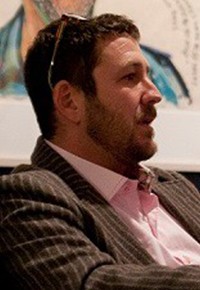
Daniel Heyman Interview
Daniel Heyman (b. 1963) uses interviews and art to advocate on behalf of victims of torture, including detainees from the notorious Abu Ghraib prison in Iraq. In this 2012 interview, conducted as part of the “Rule of Law” oral history project, Heyman discusses his upbringing, experience coming out as gay, influences and travels leading to his work with torture victims, narrative art and book projects, and wartime censorship.

ORAL HISTORY PROJECTS
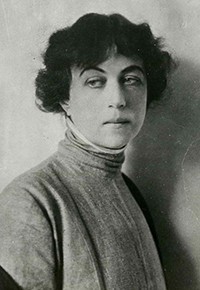
Alexandra Kollontai Project
Russian revolutionary and feminist theorist Alexandra Kollontai (1872-1952) served as an administrator and diplomat in the Soviet government, in which she founded the Zhenotdel (“Women's Department”) in 1919. Her activism in the Bolshevik Party and writings criticizing bourgeois feminism, promoting free love, and articulating a communist approach to women’s liberation have inspired generations of Marxist feminists. The Kollantai Project (1976-1978) collects thirteen interviews with a variety of individuals who either knew her personally or were inspired by her life. Of interest are an interview with poet Kenneth Rexroth, who discusses her advocacy of sexual freedom and her relevance to contemporary feminist movements; Swedish novelist and playwright Margit Palmaer-Walden, who met Kollontai on a 1927 trip to the Soviet Union and describes her perspectives on friendship, love, and marriage; and renowned feminist activist Gloria Steinem.

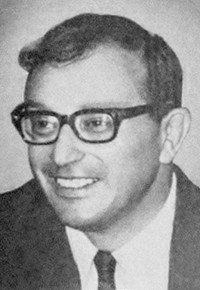
Allard Lowenstein Oral History Project
Liberal icon Allard Lowenstein (1929-1980) served as a Democratic Party activist, Congressman from Long Island, and United Nations ambassador. He participated in civil rights organizing and toured southern Africa to report on the brutality of apartheid, served as head of Americans for Democratic Action, and was appointed to the UN Commission on Human Rights by President Carter before his 1980 assassination. The collection includes 125 interviews conducted between 1985 and 1992 with former family, friends, and associates of Lowenstein, covering all aspects of his professional and personal life. Although he married and had three children with his wife before divorcing, his homosexuality was widely known; narrators who discuss his sexuality include Patti Hagan, Fowler W. Martin, Coline and Kenneth Cuthbertson, Armin Rosencranz, Nancy Steffen-Fluhr, Carol Moss, James Haas, Bruce Voeller, and Casey Hayden.

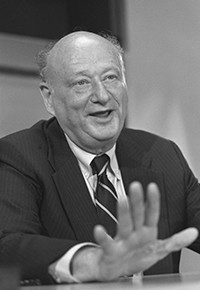
Edward I. Koch Administration Oral History Project
Democratic politician Edward I. Koch (1924-2013) served as mayor of New York City from 1978 to 1989, following eight years in Congress. His tenure in office included major developments in LGBT politics including the passage of a municipal anti-discrimination law, conflicts over sexuality between prominent church leaders and activists, and the emergence of the AIDS epidemic, which were complicated by persistent speculation over the personal life of the mayor, a lifelong bachelor. The collection includes 56 interviews conducted between 1992 and 1997 with a variety of participants in the Koch administration, including members of his family, city officials, religious and community leaders, and a lengthy interview with Koch himself. Interviews that discuss the administration’s engagement with questions of sexuality and gay rights include Ed Koch, Maureen Connelly, Ruth Messinger, Peter Zimroth, Frederick A.O. Schwarz, and Bishop John J. O’Connor.

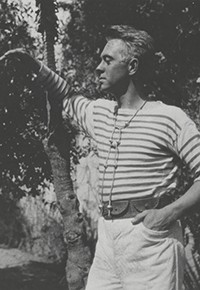
Hart Crane Project
Hart Crane (1899-1932) has attracted nearly a century of fascination for his influential modernist poetry, homosexual life, and suicide at age 32. The Hart Crane Project includes interviews recorded thirty years after his death, in 1962-63, with five friends who shared their memories of the poet, and the transcript of a radio broadcast featuring discussion with others who knew him. The collection includes an interview with Samuel Loveman, the gay poet and bookseller, whose letters are also preserved in Columbia’s Rare Book and Manuscript Library.

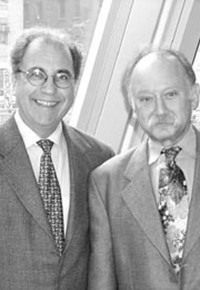
Physicians and AIDS Oral History Collection
When AIDS began to devastate communities in New York City and beyond in the 1980s, many doctors and researchers affiliated with Columbia University were at the forefront of research and treatment. Between 1994 and 1998 Ronald Bayer and Gerald Oppenheimer, professors at the Mailman School of Public Health, conducted interviews with 74 physicians who experienced the epidemic firsthand. They published their research in the 2002 book AIDS Doctors: Voices from the Epidemic, narrating the history of the AIDS crisis through a collective memoir of doctors whose careers were shaped by the syndrome. This collection preserves the original interviews.

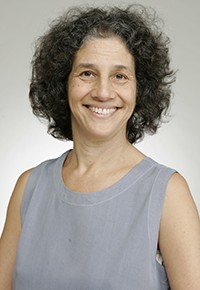
Physicians for Reproductive Choice and Health Oral History Project
The Physicians for Reproductive Choice and Health Project includes 22 interviews with OB/GYN doctors and clinicians, members of the clergy, educators, and health care activists. Topics discussed include pro- and anti-abortion movements, legislation, religious involvement, the experience of having abortions before and after Roe v. Wade, safety, accessibility, and the future of reproductive rights.

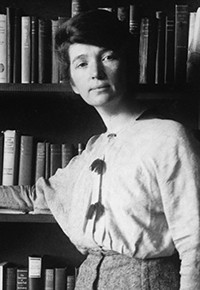
Women’s History and Population Issues Project
The Women's History and Population Issues Project collects 23 interviews conducted by the Schlesinger Library between 1973-1976 with individuals active in the birth control movement, the delivery of maternal and child health services, marriage counseling and sex education. Narrators include activists and litigators in birth control and abortion rights court cases in the United States, participants in the Planned Parenthood Federation and women’s health or family planning clinics across the world, educators and physicians involved with the Sex Information and Education Council of the United States (SIECUS), and family and acquaintances of birth control activist Margaret Sanger.